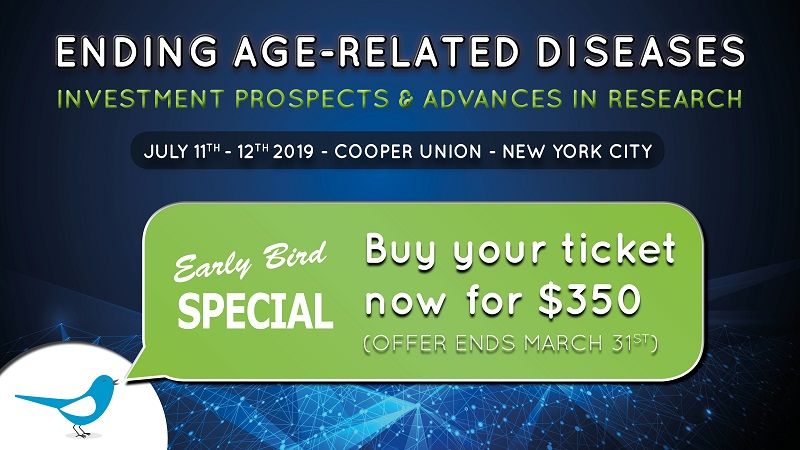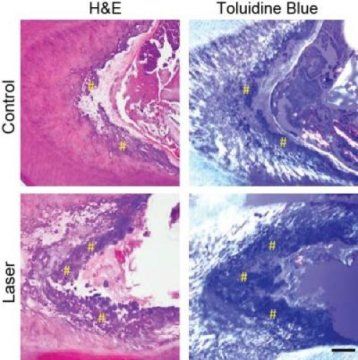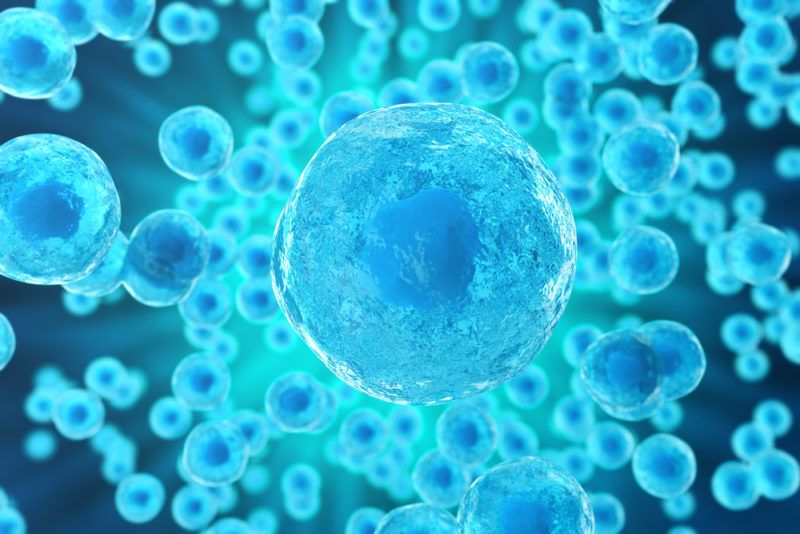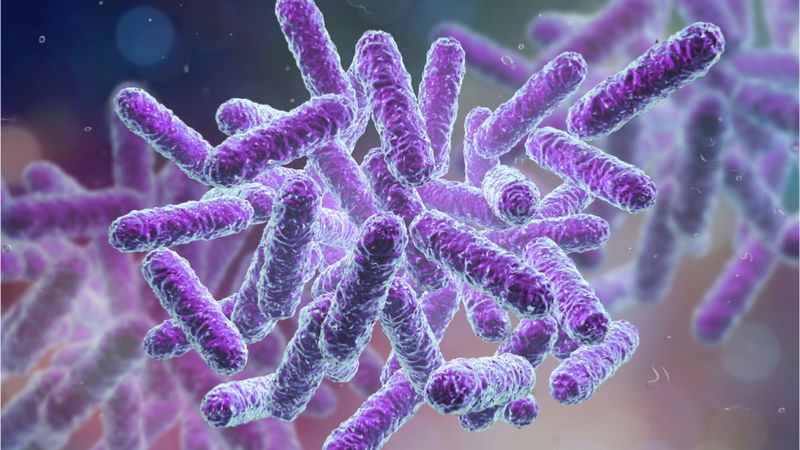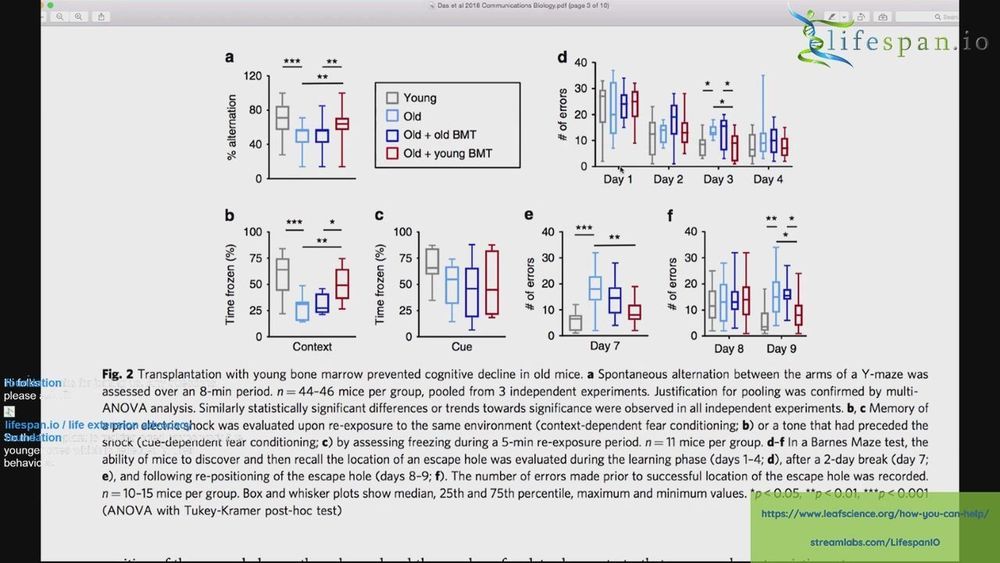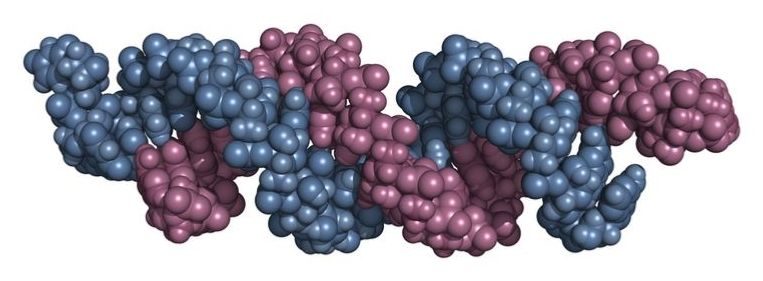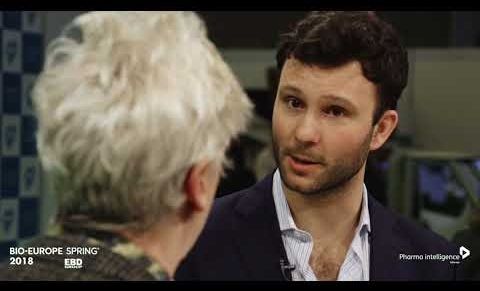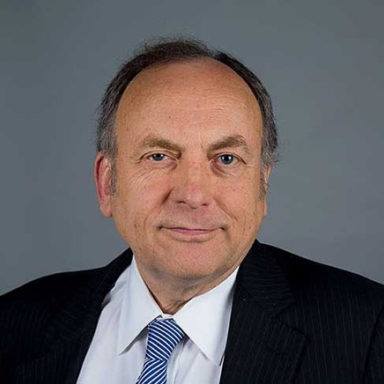On July 11-12th, we return to the Cooper Union in New York City for our second annual Ending Age-Related Diseases conference, which focuses on the progress in aging research as well as the business side of biotech.
We will be bringing you the latest aging research, investment, and business knowledge from some of the top experts in the industry. We will be packing two days full of talks and discussion panels featuring the people who are developing the technologies that could change the way we regard and treat aging forever.
We are currently offering reduced ticket prices until March 31st, after which the price increases to the regular $400 cost. If you would like to take advantage of this special offer, head on over to our event ticket page to secure your place now.
